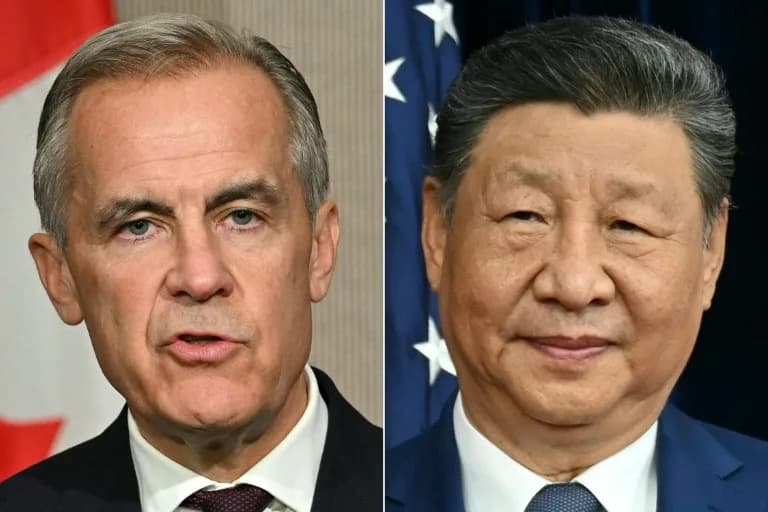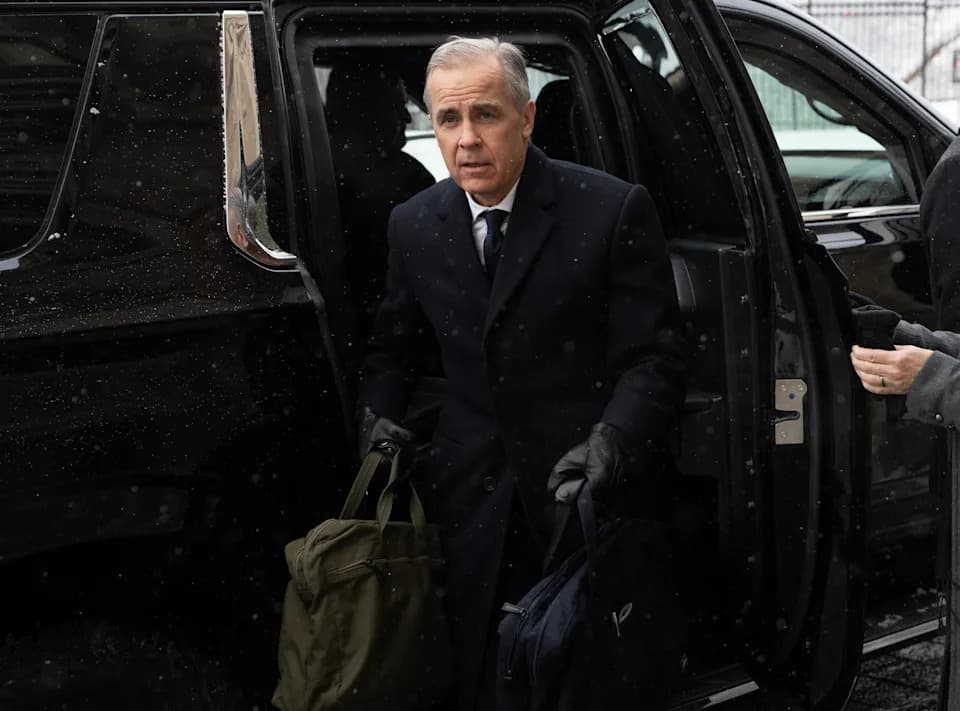The G7 foreign ministers are meeting in Canada’s Niagara region to coordinate support for Ukraine and explore financing options as Russian attacks continue to damage energy infrastructure. Canada urged widening the talks beyond the seven powers, and several non-G7 countries have been invited to participate. Ministers will also press efforts to curb China’s dominance in critical-mineral refining and processing, following recent G7 energy-level agreements.
G7 Foreign Ministers Meet in Canada to Tackle Ukraine Aid and China’s Critical Minerals Dominance

G7 Foreign Ministers Convene in Niagara to Address Ukraine and China’s Role in Critical Minerals
G7 foreign ministers gathered in Canada on Tuesday for talks aimed at forging a common approach to the four-year war in Ukraine and at exploring ways to shore up Kyiv’s war-time financing needs. The meeting, held in Canada’s Niagara region near the U.S. border, is also expected to focus on reducing global dependence on China for critical-mineral processing and refining.
Ukraine and funding
Delegates arrived amid continuing Russian strikes on Ukraine’s energy infrastructure. The meetings follow U.S. sanctions announced in October on two of Russia’s largest oil firms and public appeals by President Donald Trump urging European countries to limit oil purchases from Russia. Canada’s Foreign Minister Anita Anand cautioned that the talks would not necessarily produce immediate new commitments but said ministers must broaden the discussion beyond the G7.
“For Canada, it is important to foster a multilateral conversation, especially now, in such a volatile and complicated environment,” Anand said.
Representatives from Saudi Arabia, India, Brazil, Australia, South Africa, Mexico and South Korea were invited to join parts of the discussions. The U.S. Secretary of State is scheduled to hold bilateral talks with Minister Anand on the second day of the meetings. Anand also said she did not expect trade disputes to dominate the foreign ministers’ agenda, noting trade issues are being handled by other ministers.
Trade and bilateral tensions
Delegates will meet against the backdrop of recent trade friction between the United States and Canada. Last month President Trump walked away from trade talks with Canada shortly after what was described as a cordial White House meeting with Prime Minister Justin Trudeau. The U.S. leader has publicly criticized an advertisement from Ontario that cited former President Ronald Reagan to make a point about tariffs.
Critical minerals
The ministers’ session comes two weeks after G7 energy ministers agreed on steps to counter China’s dominance in critical-mineral supply chains — especially in refining and processing rare earths used in high-tech magnets and other advanced applications. Last month the G7 announced an initial slate of joint projects intended to expand refining capacity outside China. While the United States did not join every early deal, the administration signaled broad alignment with partners on the goal.
A State Department official told reporters ahead of the meetings that critical-mineral supply chains would be “a major point of focus,” adding: “There’s a growing global consensus among many partners and allies that economic security is national security.”
lb-tib/bs/sla
Help us improve.


































